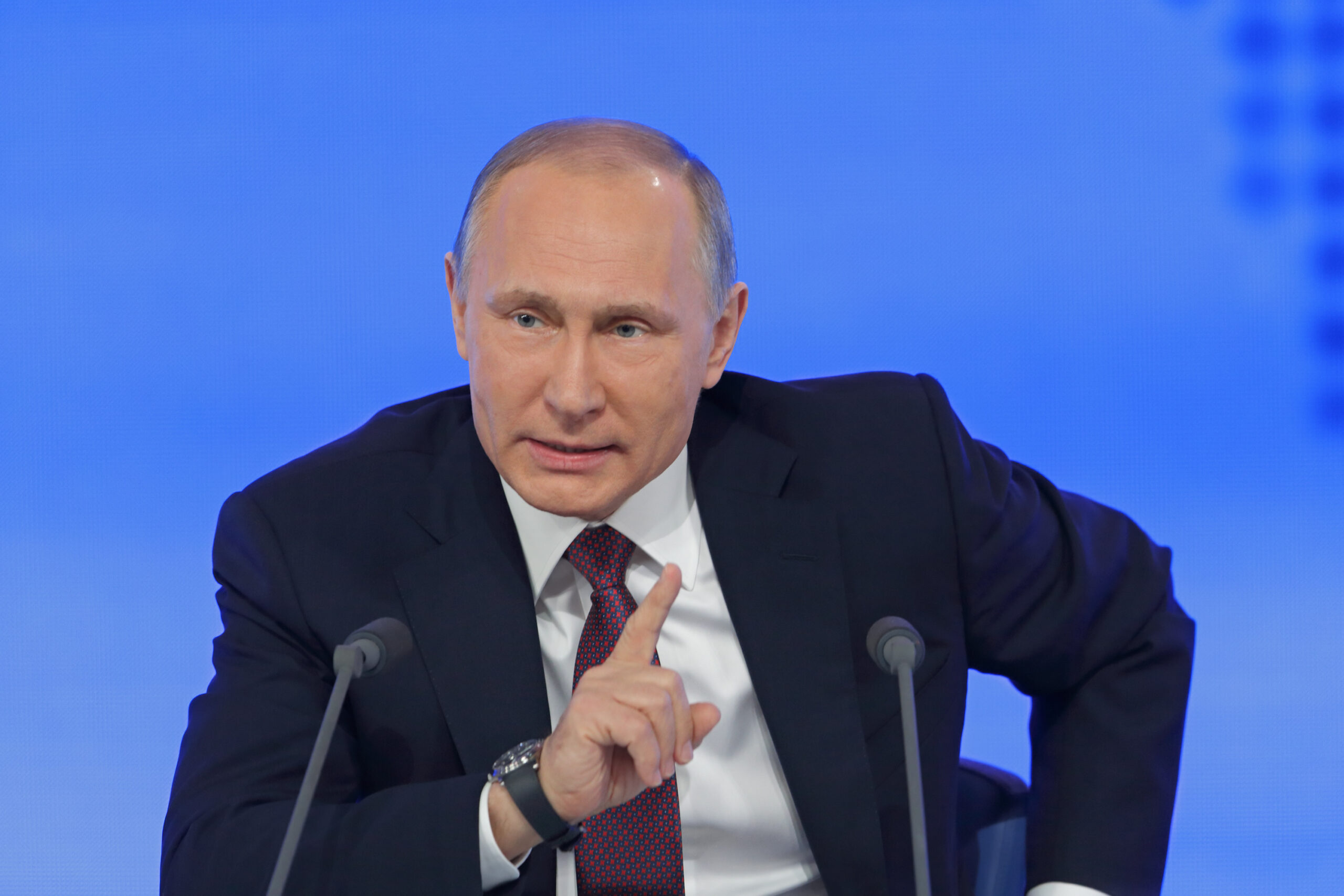Russia’s Uranium Restrictions Threaten US Nuclear Industry

Russia has announced temporary restrictions on exporting enriched uranium to the United States, raising concerns about the stability of the U.S. nuclear energy sector. The announcement, made on Telegram, provided no details about the scope or duration of the restrictions.
Russia controls nearly half of the global capacity to separate uranium isotopes needed for nuclear reactors and supplied over a quarter of the enriched fuel used in the U.S. last year. While most deliveries for 2024 have already been fulfilled, the impact of this move could be felt in 2025, according to industry experts.
“There would be some utilities maybe that would be expecting that material and now might not get it,” said Jonathan Hinze, president of a firm that tracks uranium markets. This disruption could further expose weaknesses in the U.S. supply chain for nuclear fuel.
Russia framed the restriction as a response to President Joe Biden’s ban on Russian uranium imports, signed into law in May. While the ban allows shipments to continue under waivers until 2028, critics argue that the U.S. has neglected its domestic uranium enrichment capabilities, leaving it vulnerable to such geopolitical moves.
Chris Gadomski, a nuclear analyst for BloombergNEF, criticized the lack of preparation. “We don’t have enough enriched uranium here,” he stated, adding that stockpiling enriched uranium should have been prioritized to anticipate potential supply disruptions.
The Biden administration has launched a multibillion-dollar effort to rebuild the U.S.’s uranium enrichment infrastructure. However, this initiative remains in its early stages and is unlikely to offset immediate supply concerns.
This development underscores the critical need for the U.S. to reduce dependence on foreign sources for nuclear fuel — a vulnerability that Russia has now exploited. With 2025 looming, the nuclear industry faces potential challenges unless domestic production ramps up swiftly.
























